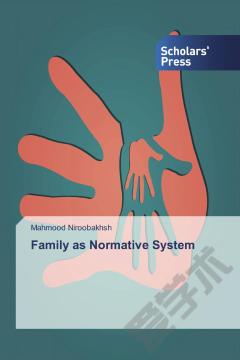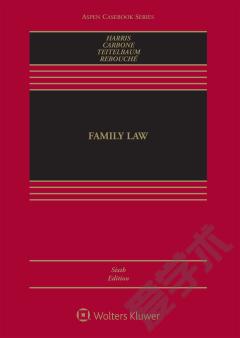Family as Normative System
The scope of this study is to get knowledge about the relationship between norms and helping behavior. Norms in the context of the family system refer to parent-child obligations and role behavior. In subsequent, this scope necessitates understanding the extent of familyâs commitment to its normative arrangements and the way in which fulfillment of norms affect helping behavior as part of family life that is subject to request under varying conditions. Following this idea, research questions address the extent of impact of each normative aspect on helping behavior and the way other relevant aspects such as privacy and family solidarity may take effect. In order to empirically deal with the problem, survey methodology is the best way to yield the maximum findings. In addition, since the focal point of this project is on the relationships of family members, an analysis grounded in rational choice theory provides knowledge about the normative actions of family and the consequent social outcomes. In sequence, findings indicate in a theory developed by G. S. Becker, obligation of feeling at the collective level serves as an input factor in the production of helping behavior. At the individual level, parentchild obligations of attitude and material need are variant by family position as part of division of labor at home as well as instrumental reasoning. These fulfillments will eventually provide utility of positive relations with friends and relatives. In another theory developed by D. Chong, obligations of feeling and attitude are part of rationality that parents have acquired in the past as a variety of values, while parents are concerned about attitude its only the mothers who show this concern when the data is separated. These values are taken into account when determining helping behavior. Although role behavior is widely practiced by parents, interdependent social factors at home and at work predispose only employed mothers to helping behavior. In so doing, mothers in general and employed mothers specifically are mainly responsible for the organization of life at home and have more opportunity to coordinate relationships with familiar others. Role identity, which predominantly emerges after marriage, increases informed knowledge of oneâs role but is not the reason to involve in helping behavior. Empirical evidence also indicates that married parents versus non-married parents have conspicuous understanding of a given role. Family members may also request solidarity upon those affairs which they cannot afford personally. Fulfillment of oneâs obligation of feeling by members is positively related to family solidarity. In other words, those who have internalized values and beliefs about oneâs obligations of feeling will also take actions which are beneficial to other members, but the relation between obligation and solidarity varies upon oneâs position. Finally, the above relationships take place at home where affairs are under the influence of normative arrangements like availability of amenities. An analysis of effects of levels of access to housing amenities on privacy shows that, there is no firm impact on dimensions of privacy. The amenities as resources also have no effects on solidarity.
{{comment.content}}








 京公网安备 11010802027623号
京公网安备 11010802027623号